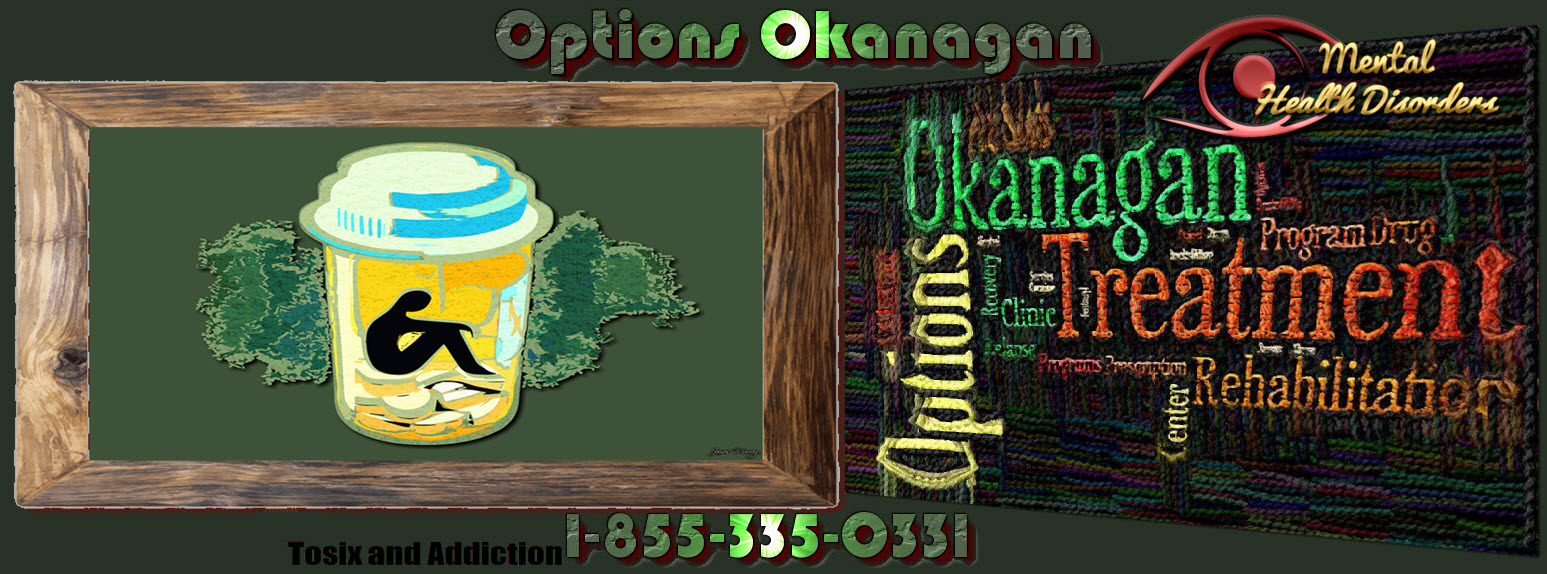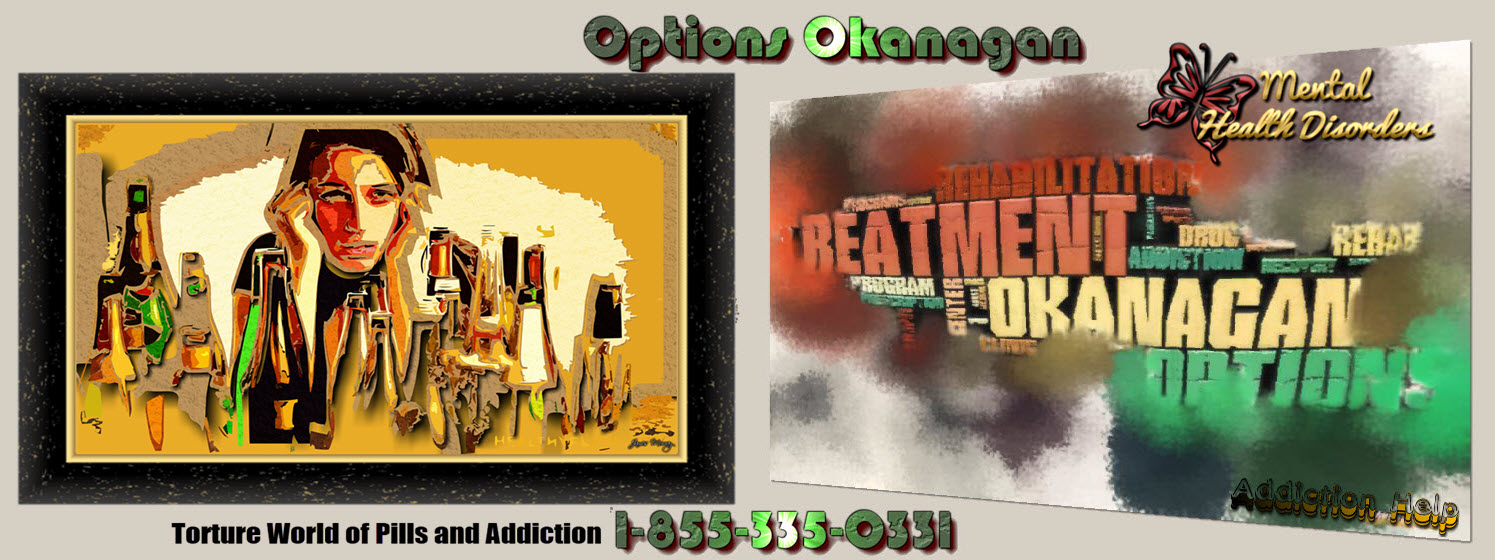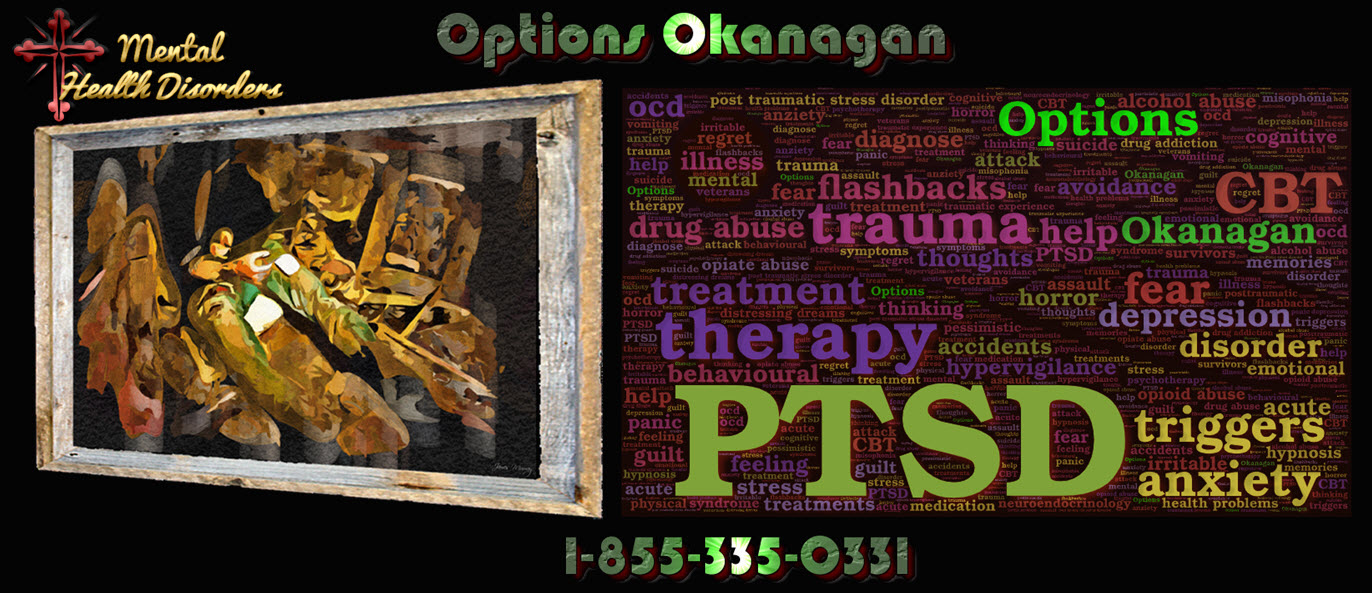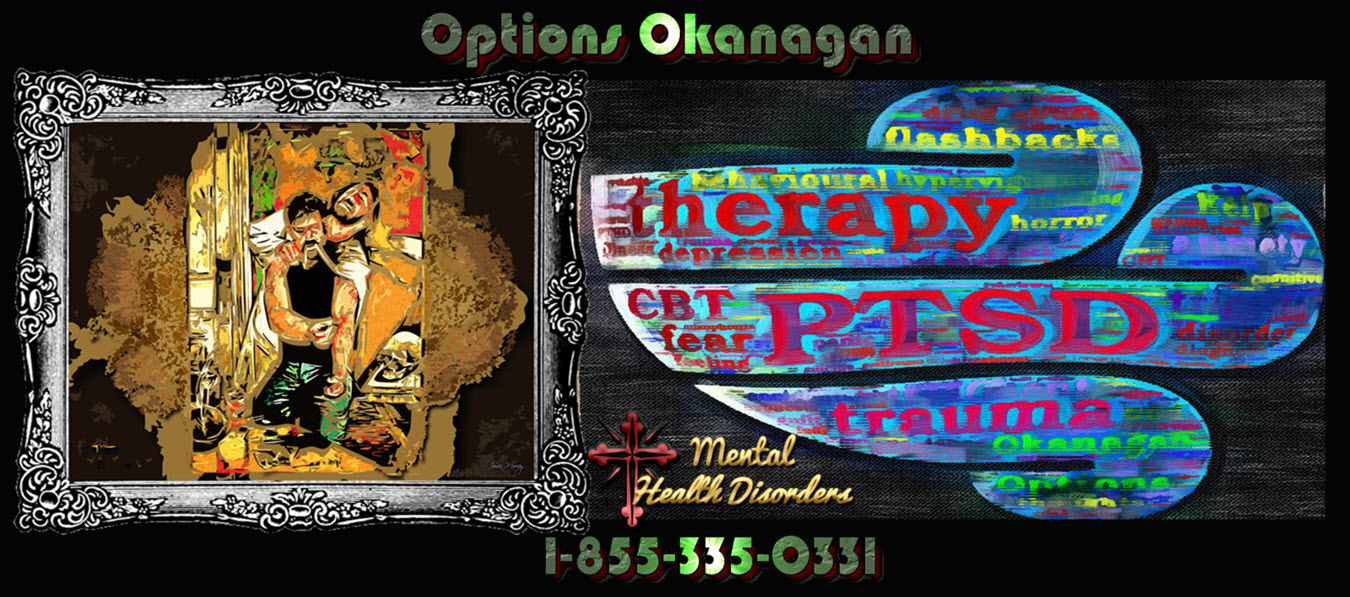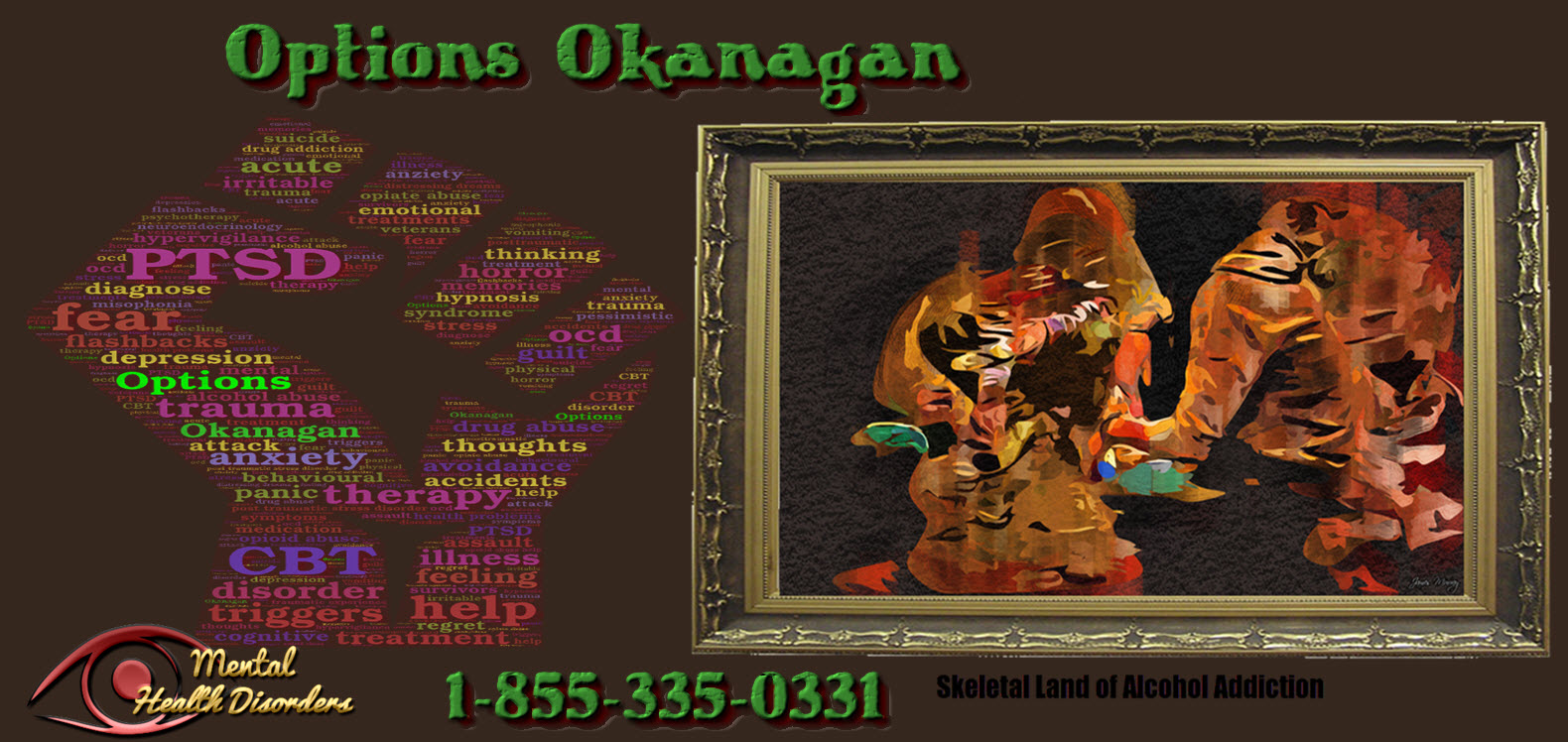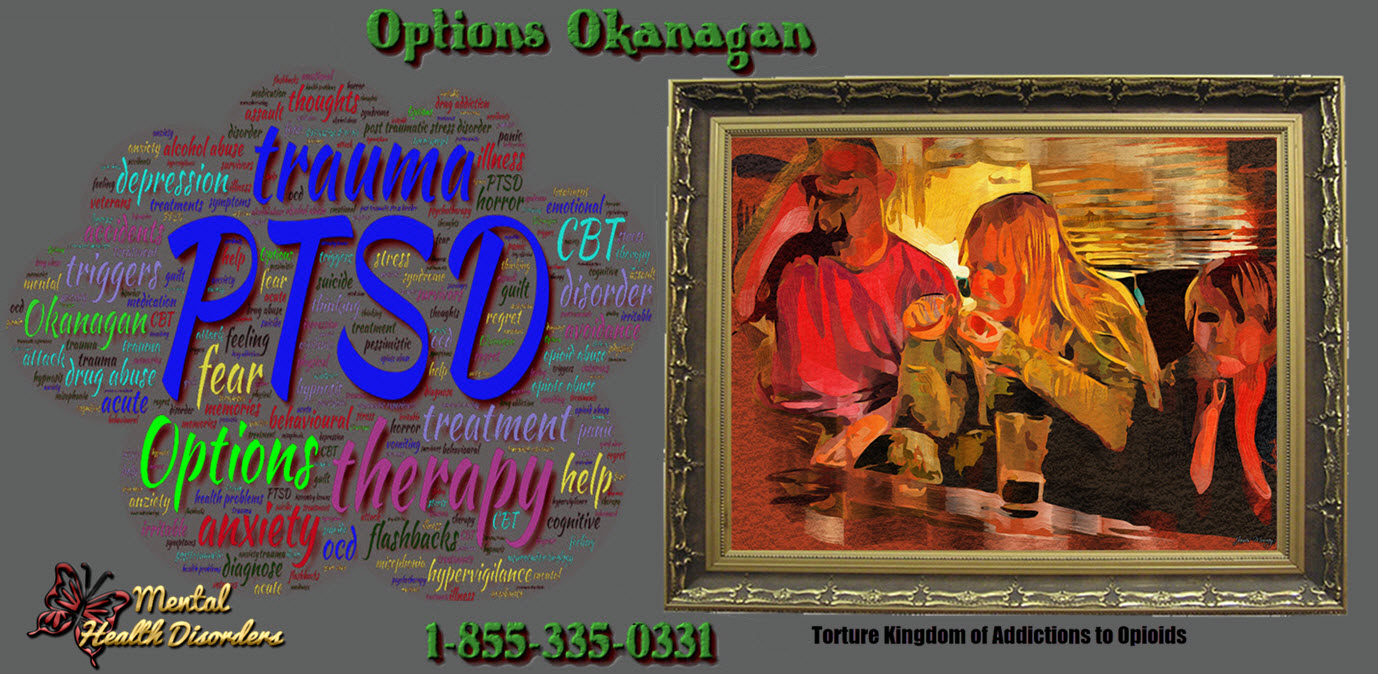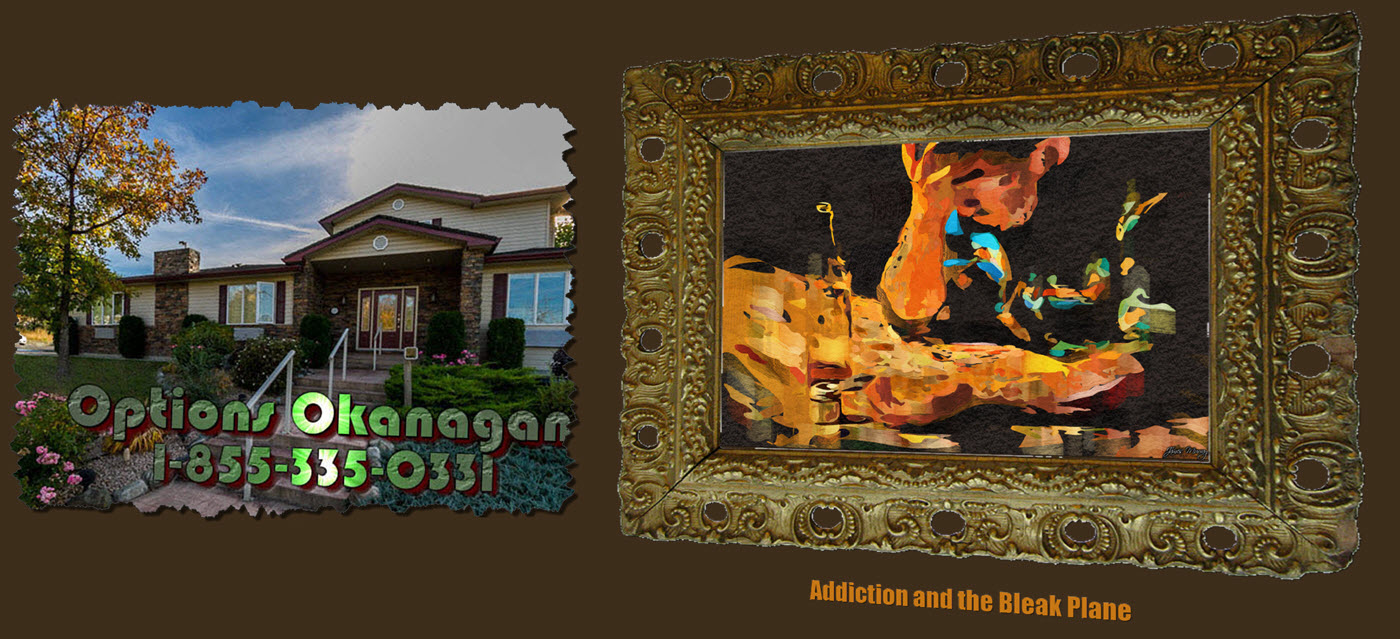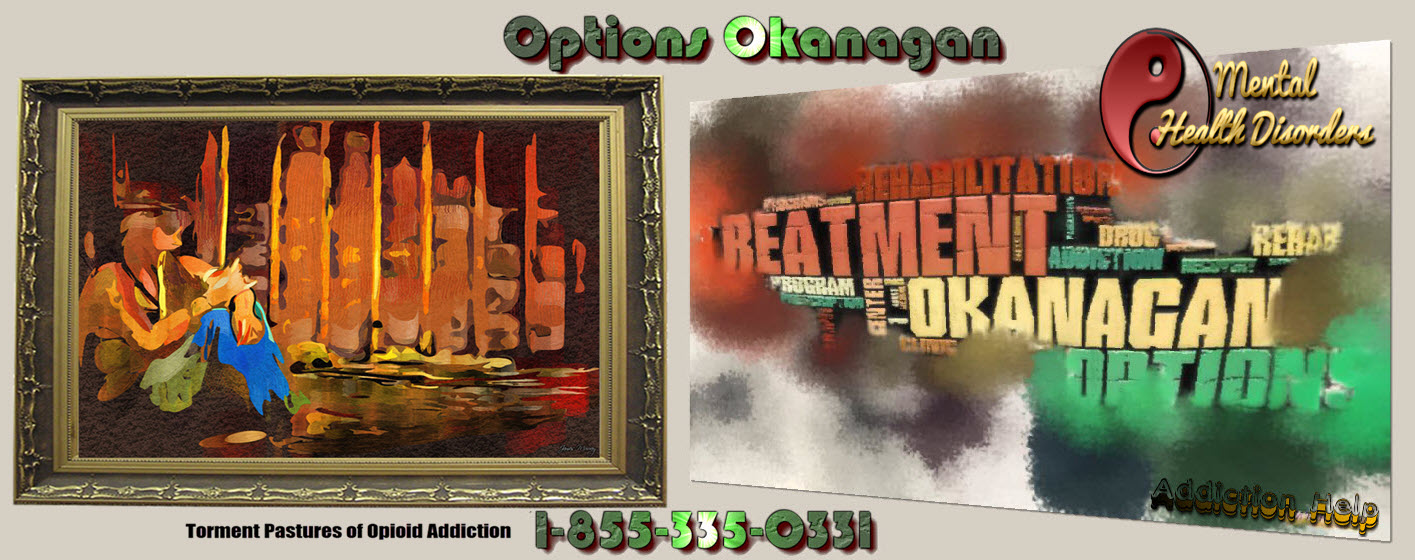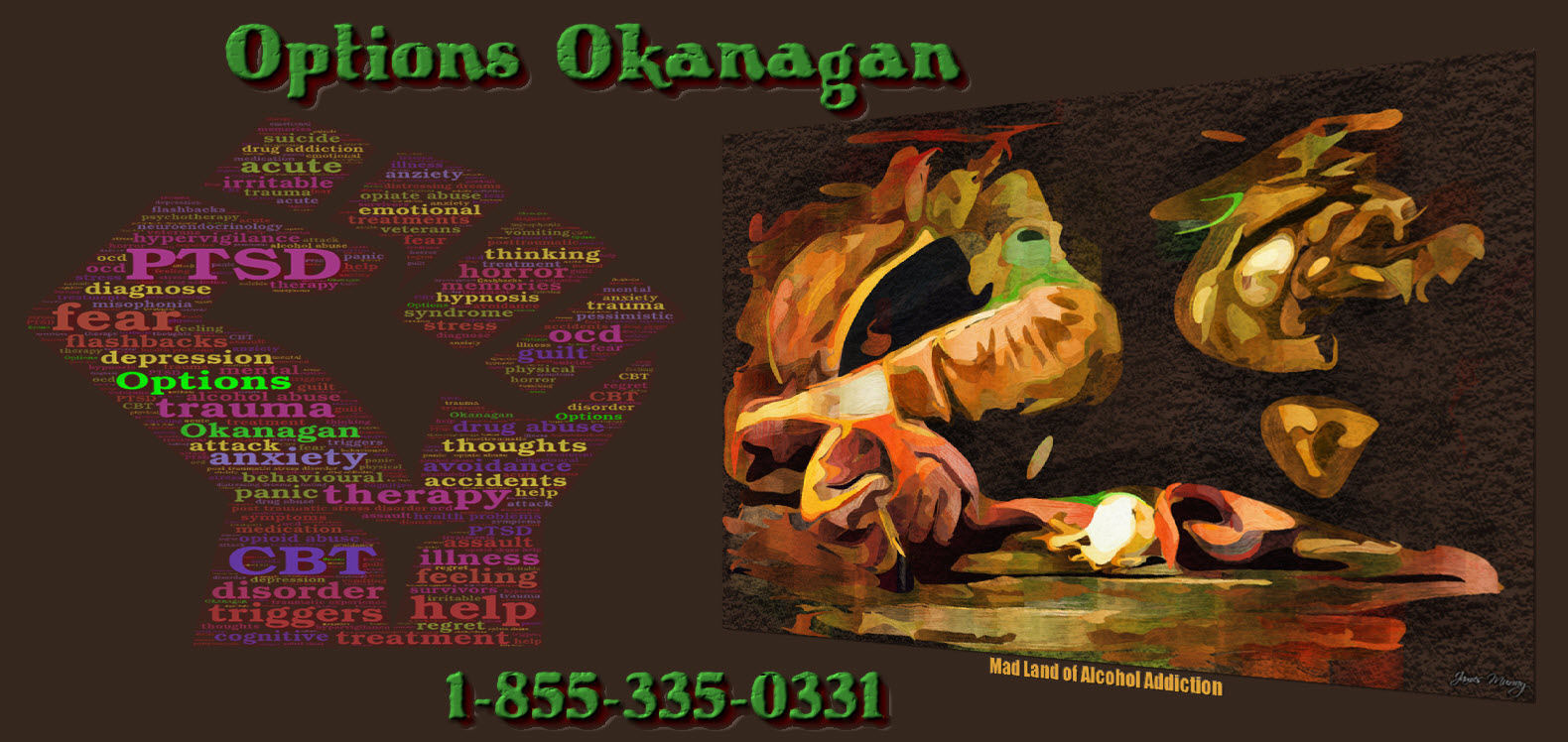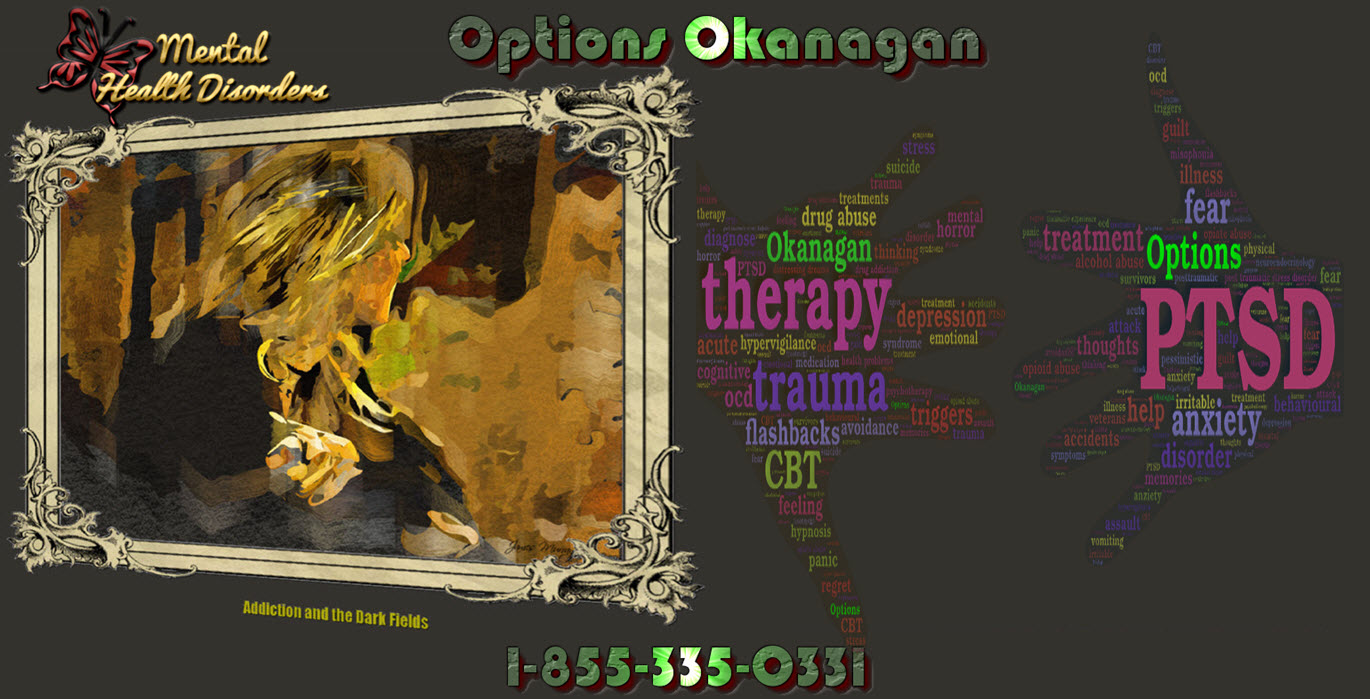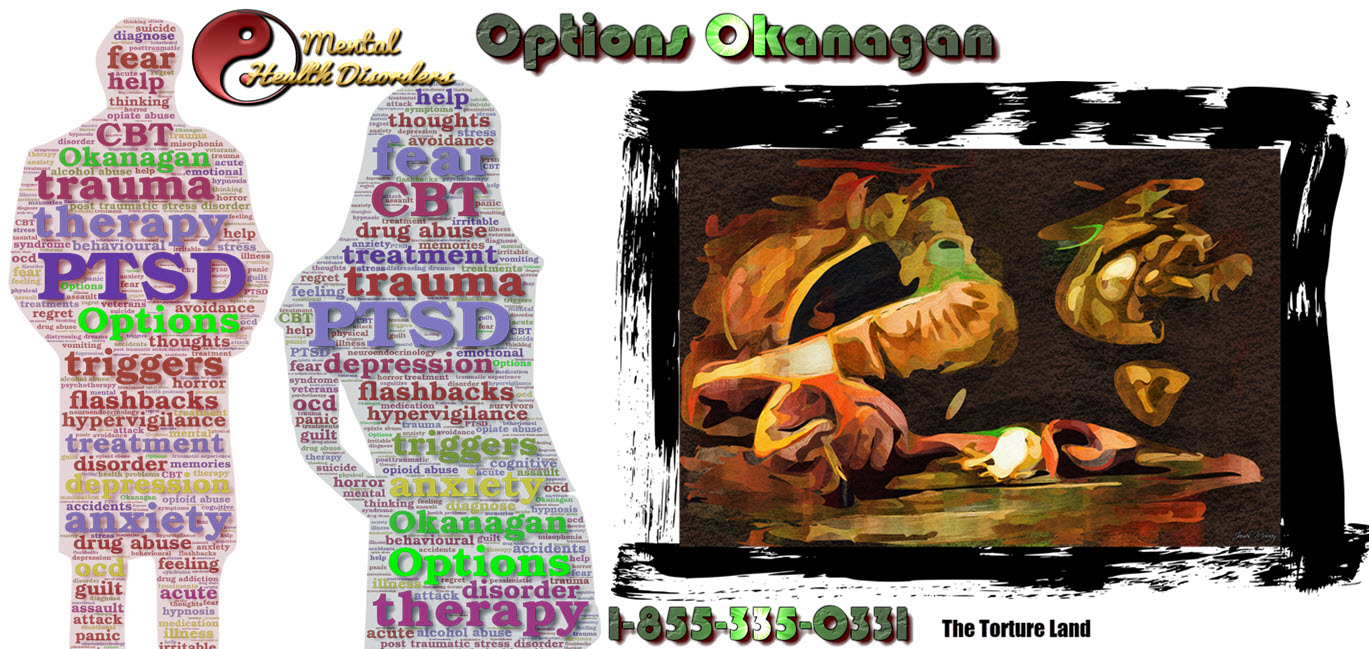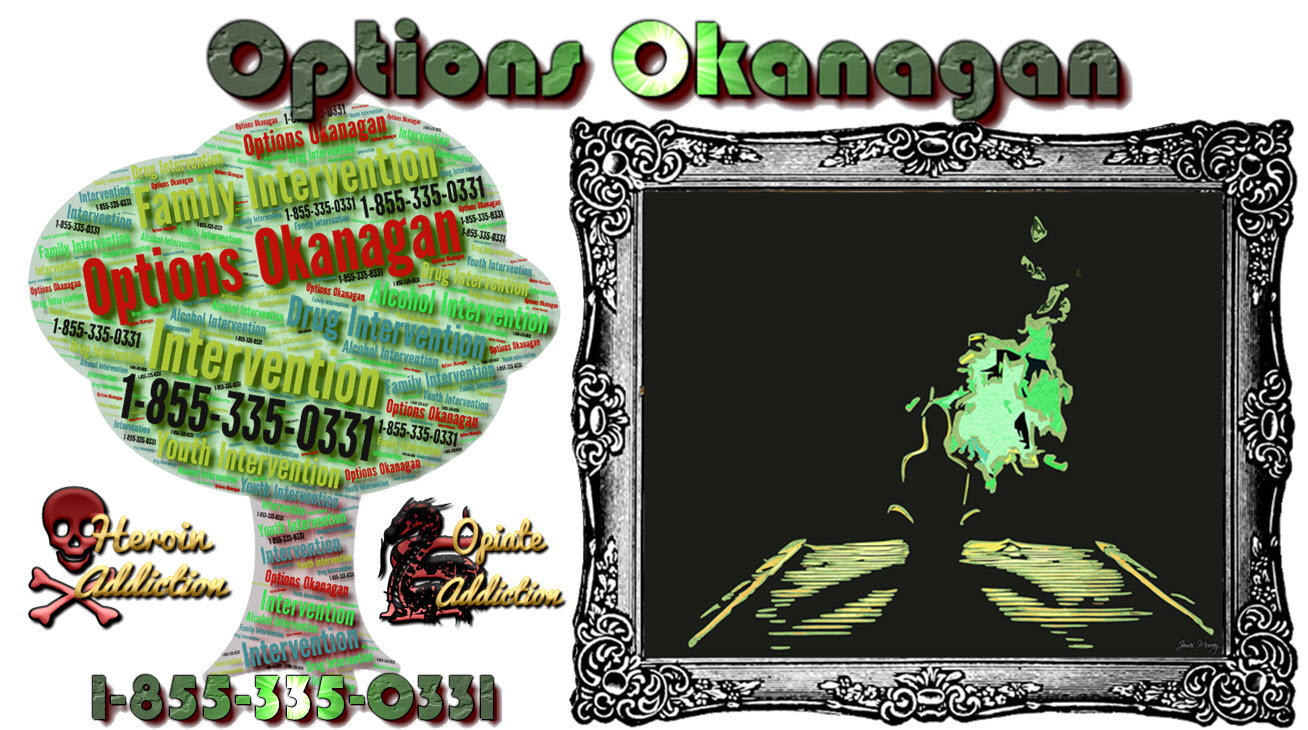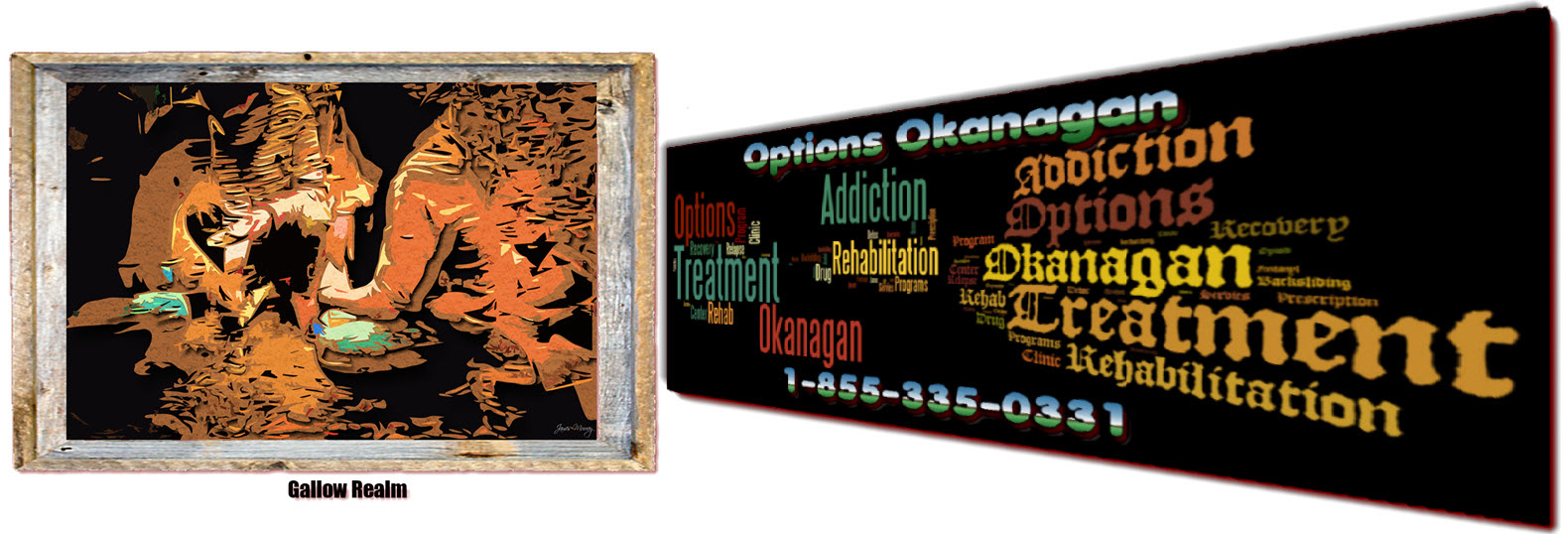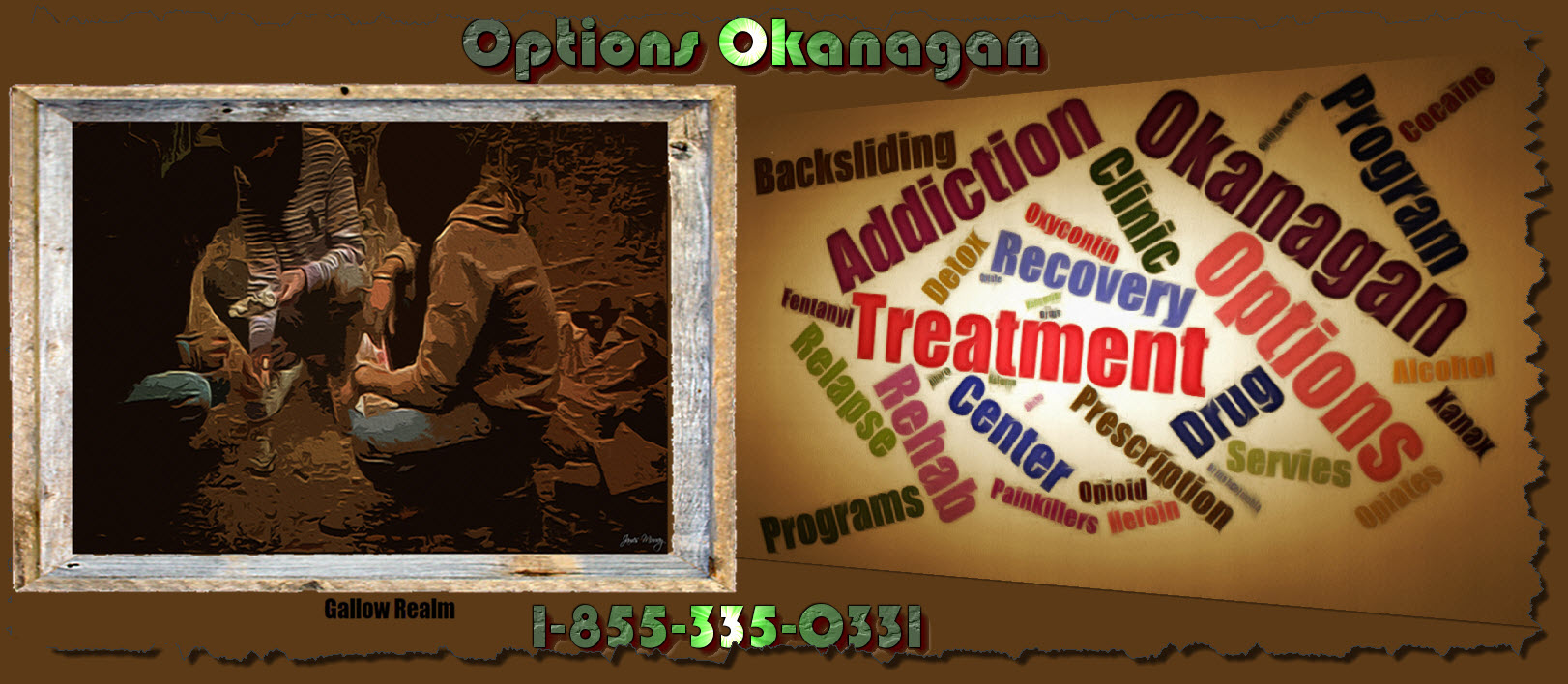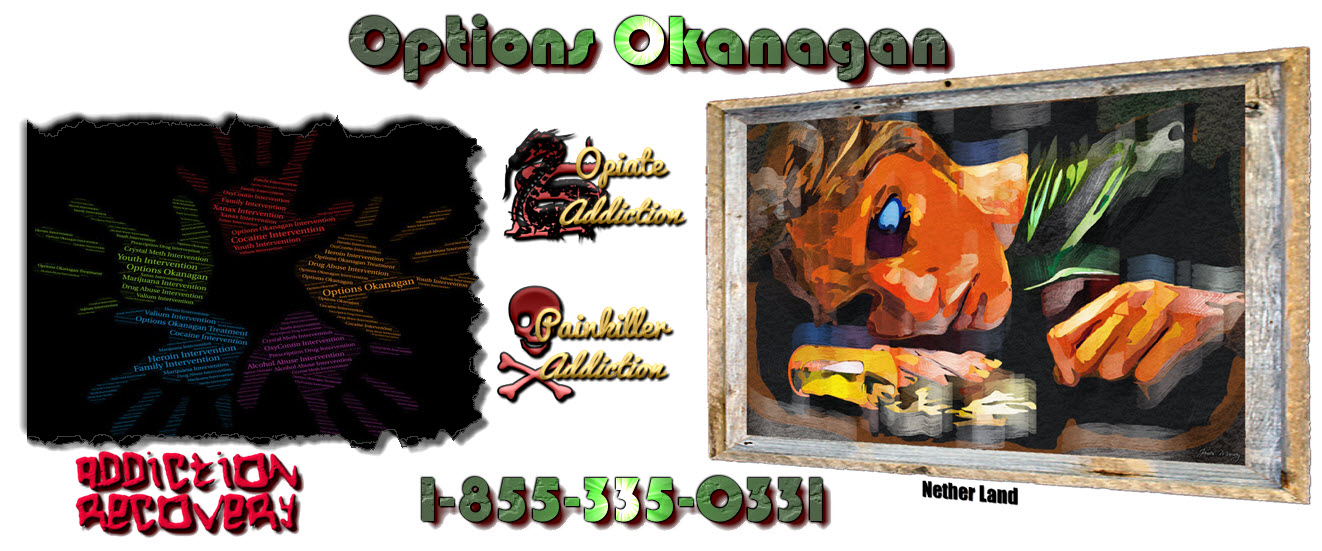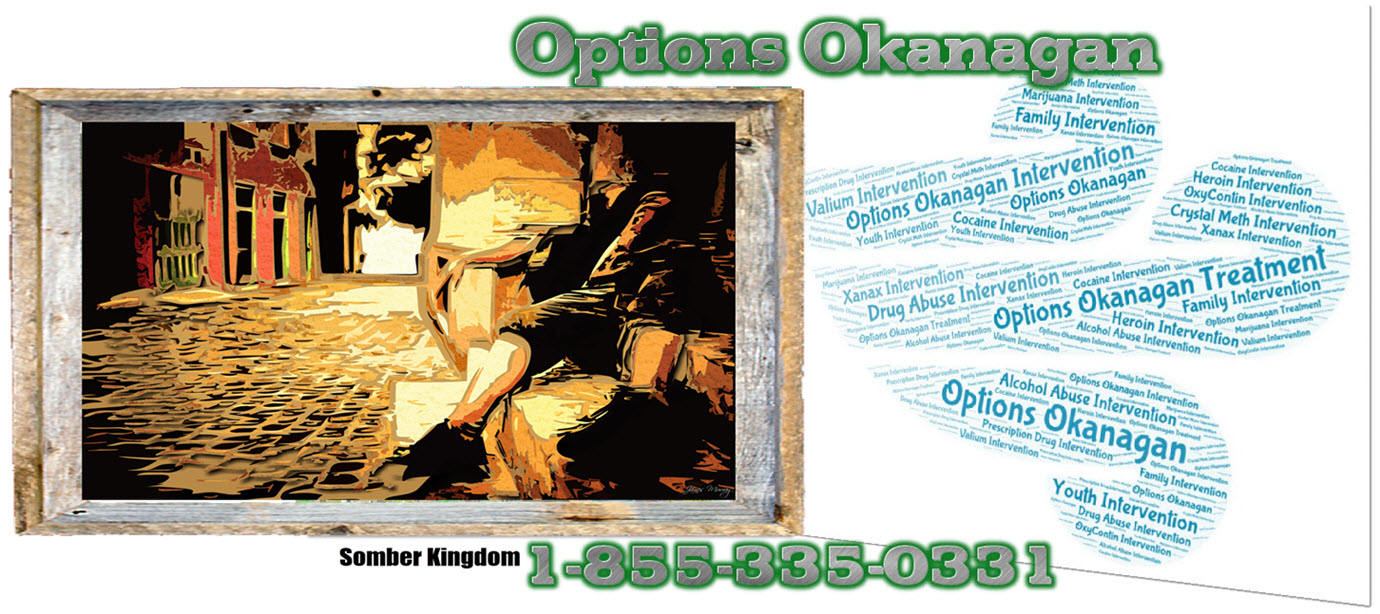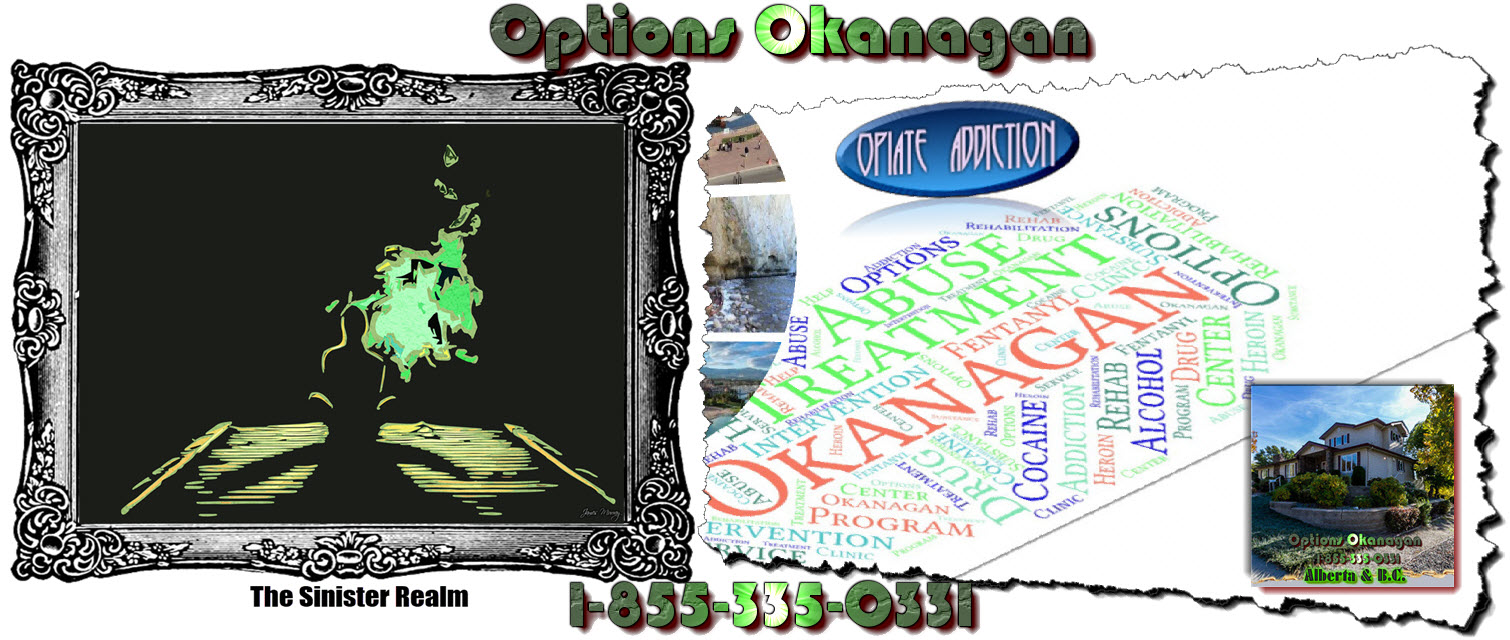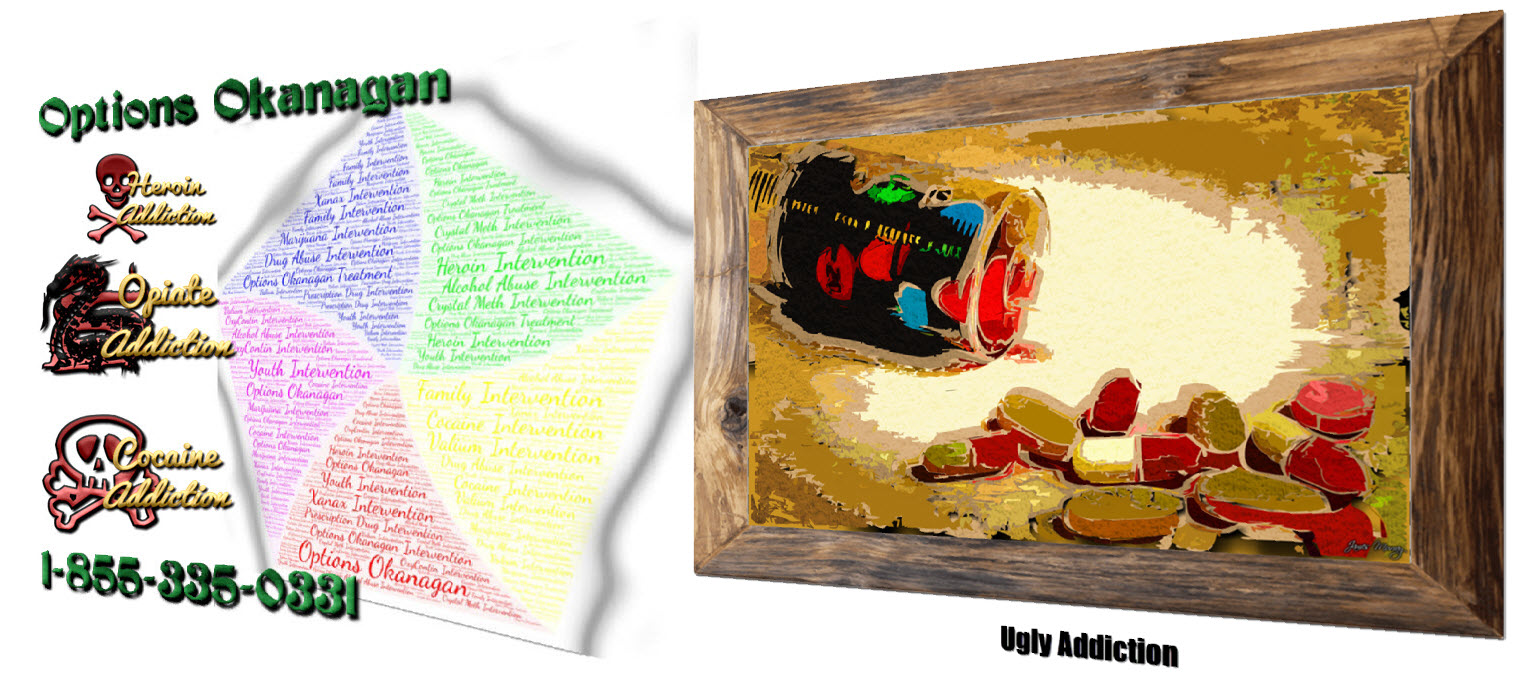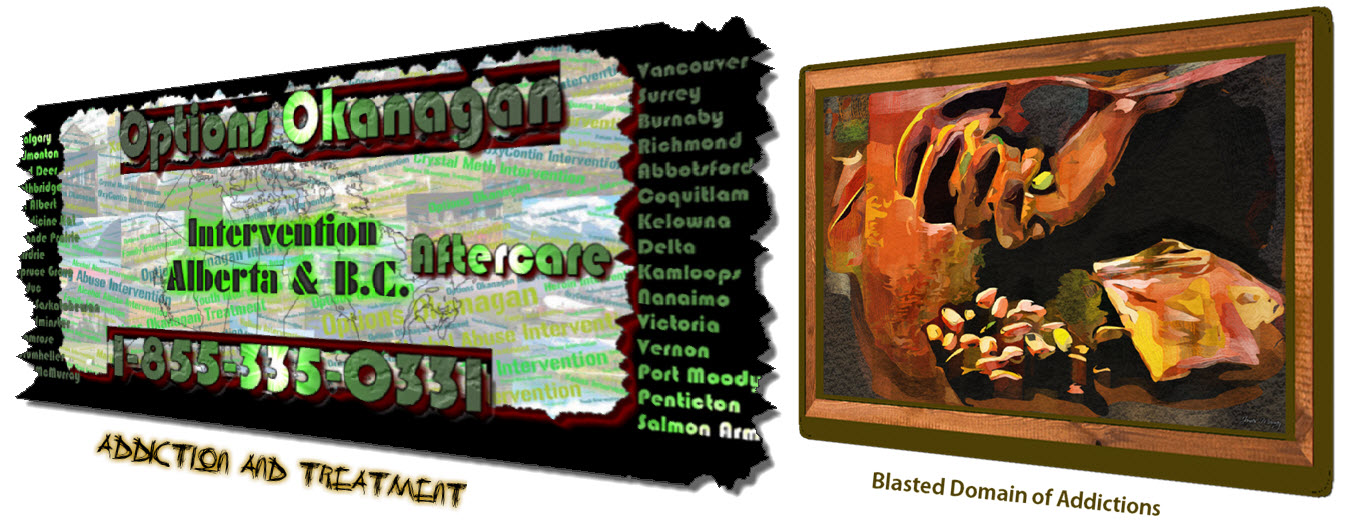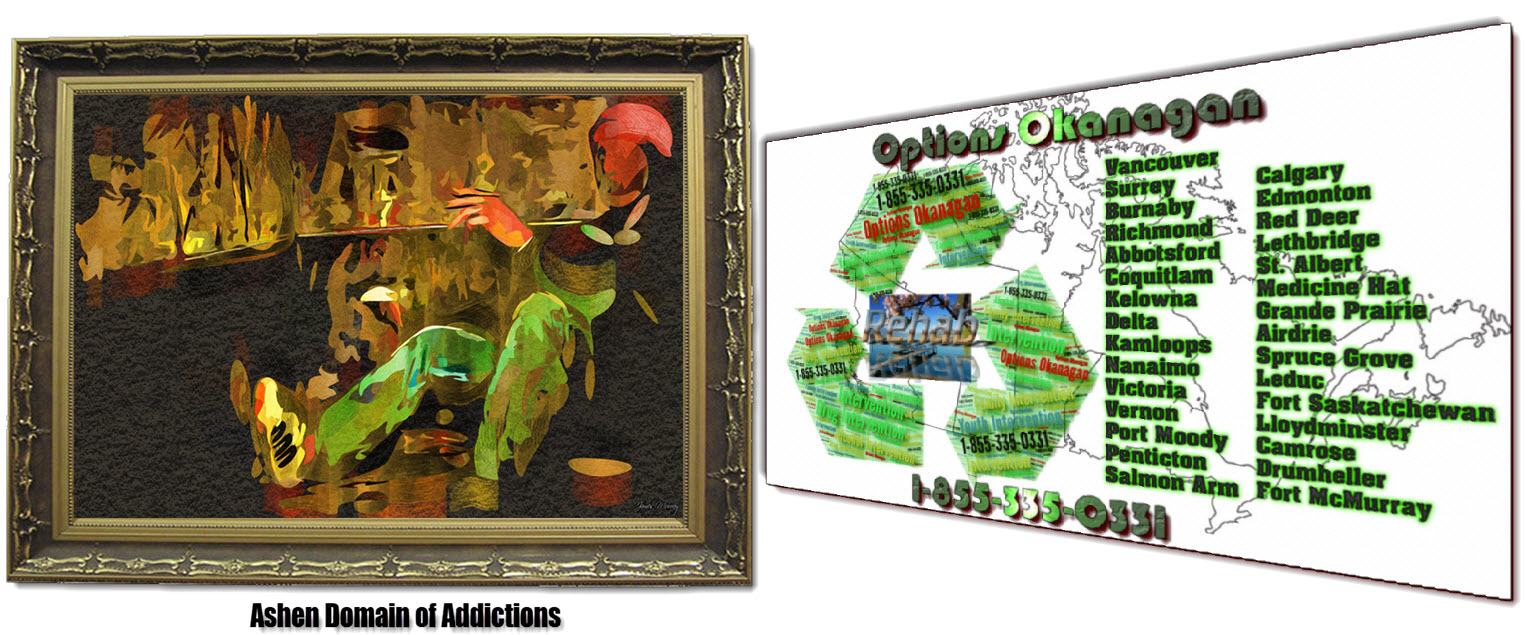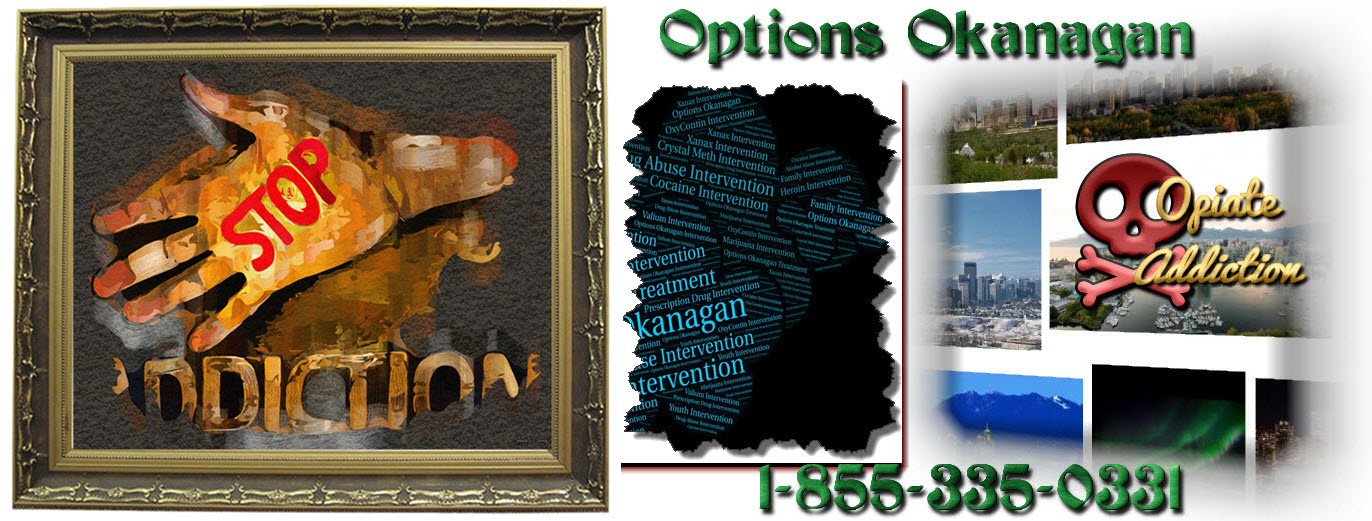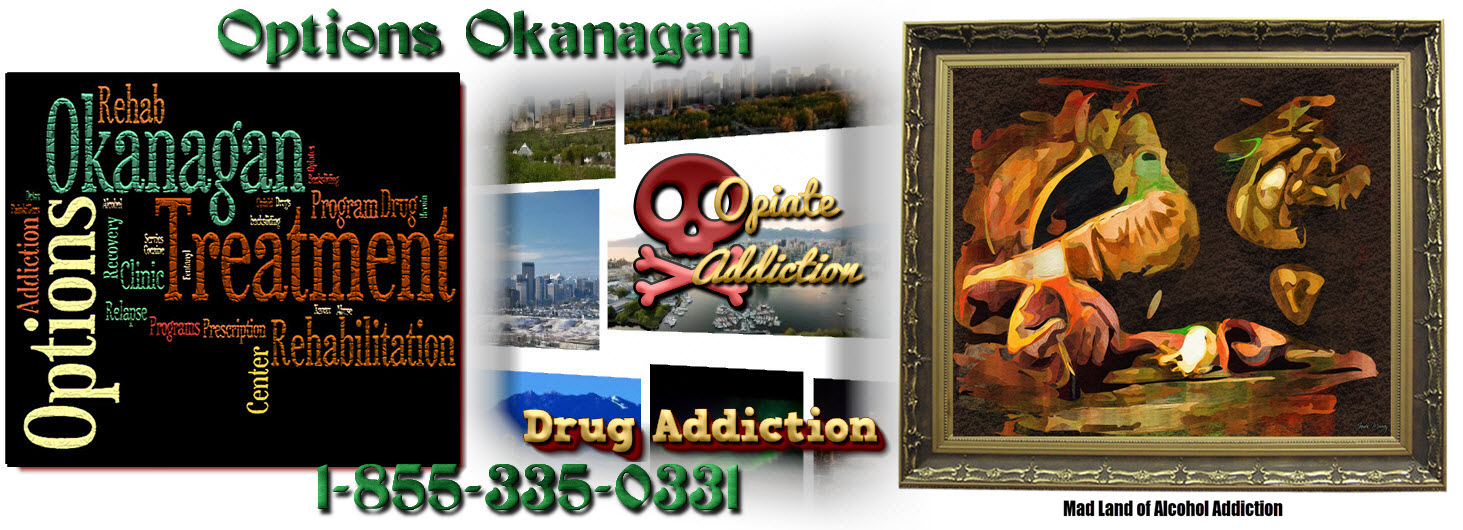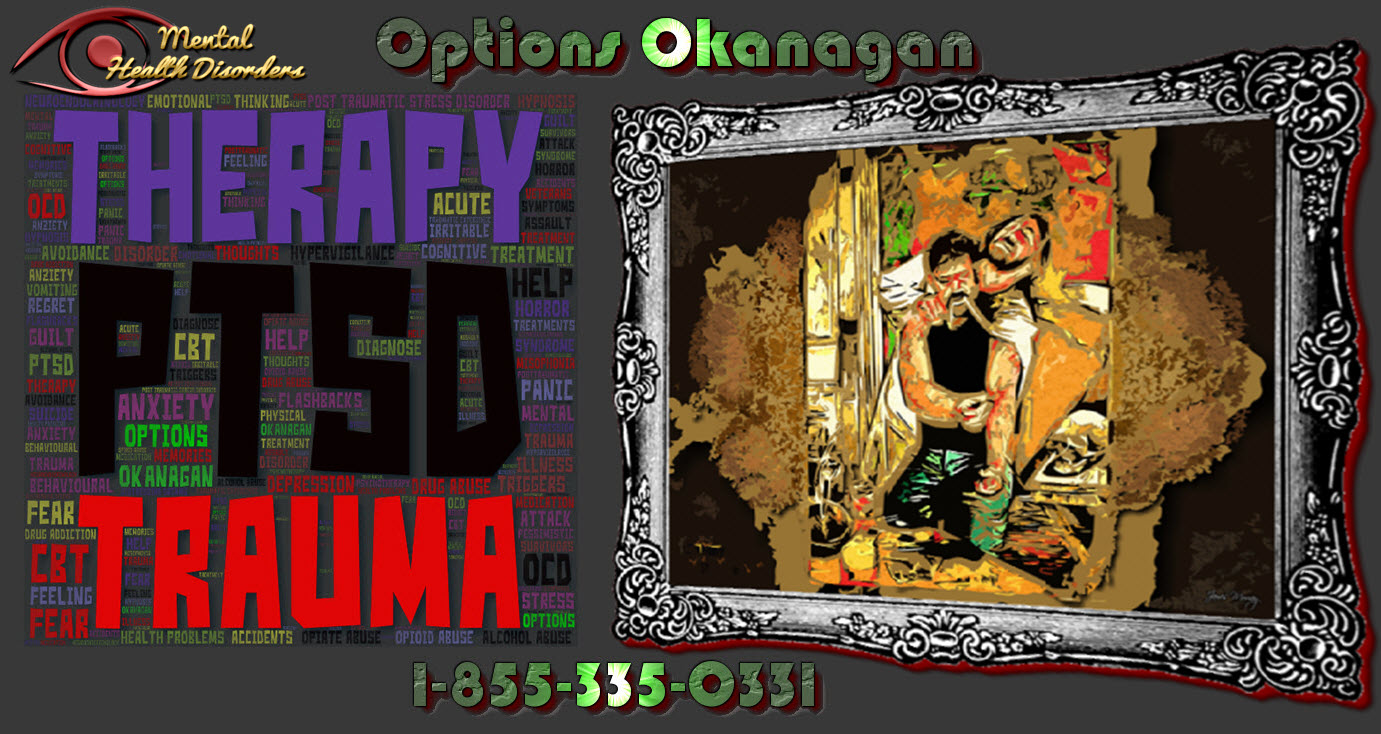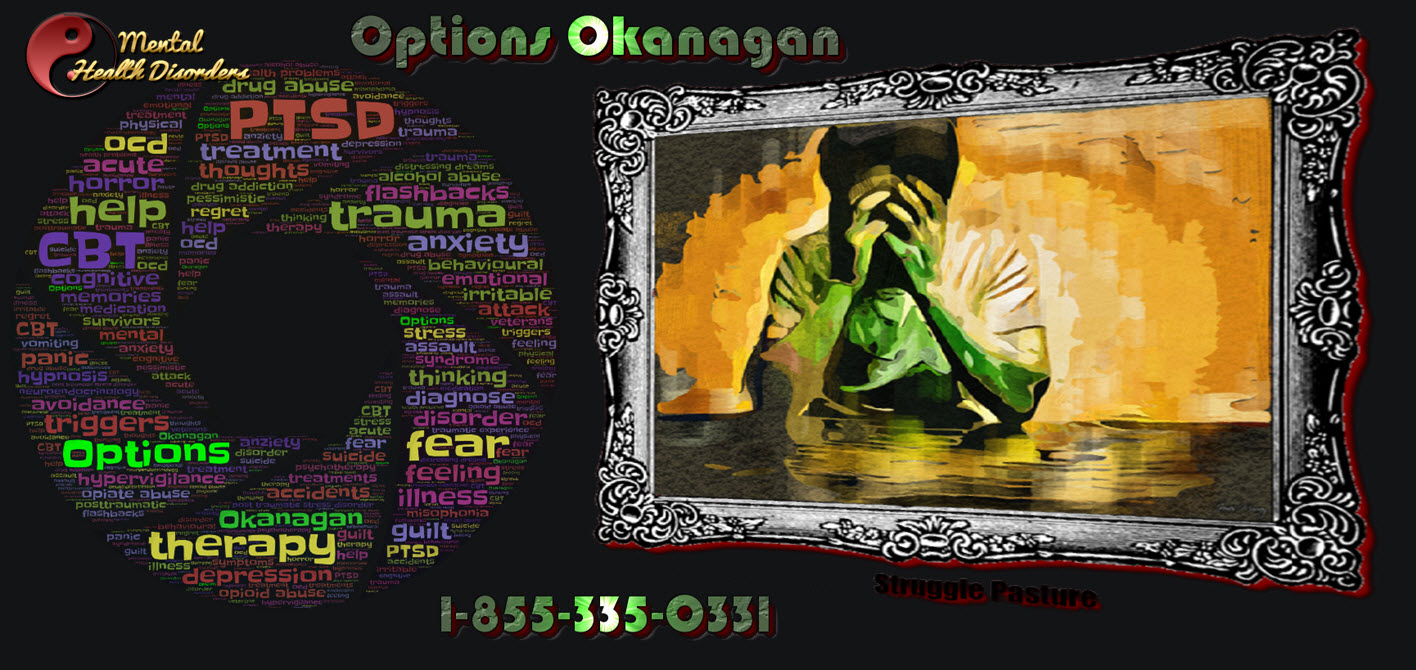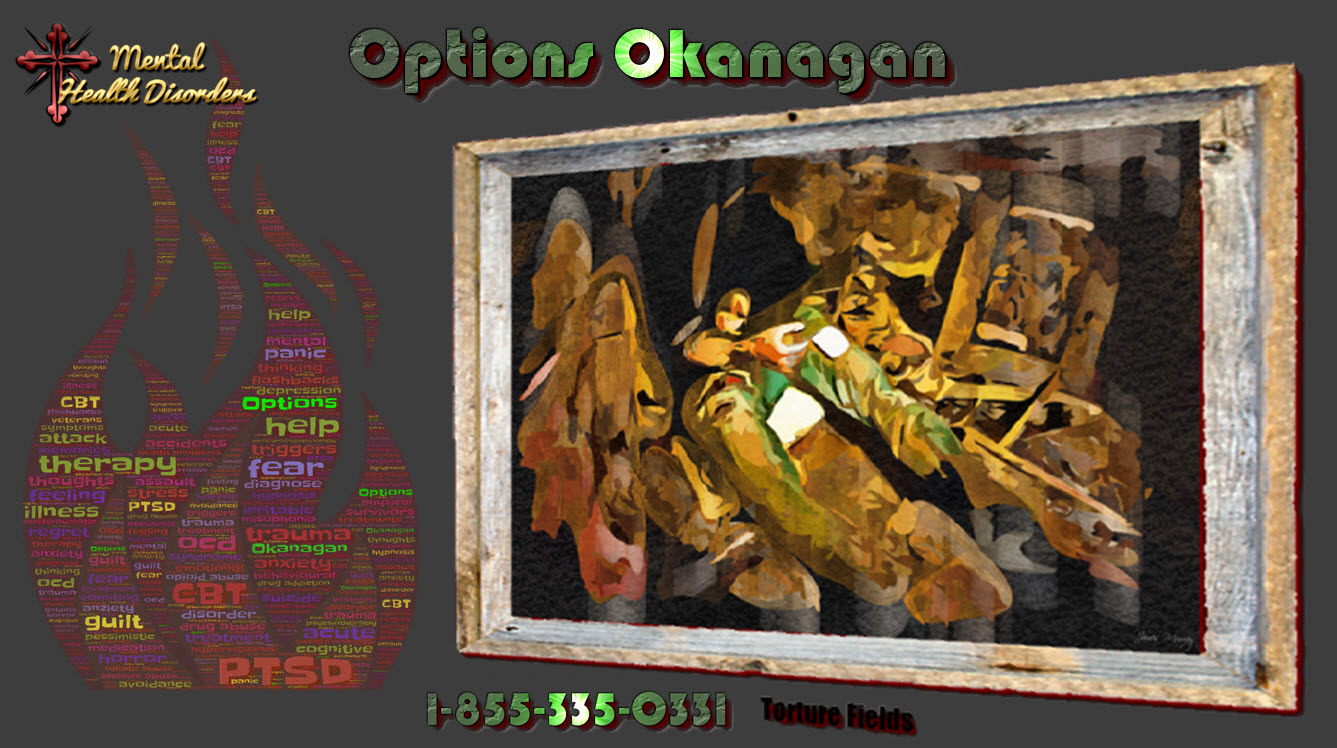These bad habits should be avoided for better mental health. (Part 01) Mental health disorders – Drug rehab programs in Alberta and British Columbia – Options Treatment Center in Kelowna, British Columbia treating drug, opiate, fentanyl, heroin, and alcohol addiction and recovery.
Drug Rehabs In Alberta And BC
A person knows when they say, there is no real health without having good mental health. As an individual in recovery, a person tends to make conscious choices to take care of their mind and body. But despite their best efforts, a person may have developed some seemingly harmless habits that actually negatively affect their mental health. Learn what it is and how to get rid of these bad habits.
Mental Health Disorder Programs In Alberta And BC
Sitting on the couch and watching Netflix marathons can be fun, along with delicious snacks in the comfort of a person’s home. But when relaxation over time becomes a path of relaxation and becomes a person’s daily lifestyle, it can affect a person’s overall well-being.
Research shows that a sedentary lifestyle has a big impact on a person’s mental health. Studies have shown that those who spend most of their time sitting and not exercising are three times as likely to develop symptoms of depression. Other studies have linked a sedentary lifestyle with an increased risk of dementia. And while it’s limited, other research shows that inactivity exposes neurons in the brain and changes how a person’s thoughts work.
It’s important to incorporate some form of exercise into a person’s life. These activities help reduce stress, release endorphins, increase self-esteem, relieve anxiety, and improve brain performance. Remember, exercise isn’t limited to cardio sessions or lifting weights at the gym. Try different things until a person finds one that works for them.
A person’s phone can do almost everything. The ability to order lunch, get directions, pay bills, check their creditworthiness, and hail a taxi is literally at their fingertips. And while technology makes a person’s life easier, it can also negatively impact a person’s mental health.
Various studies have linked excessive social media use with increased anxiety and low self-esteem. It is not just teenagers who are affected by social media. There are many adults affected who regularly access Twitter and Facebook and have feelings of inadequacy, jealousy, and loneliness. Although social media is aimed at connecting people, the reality is that many people are so focused on their appearances on social media that they fail to make real personal connections.
And if a person feels like their phone isn’t affecting them negatively because they don’t have Facebook, think again. Tasks that a person considers harmless, such as checking their email all the time or receiving message notifications on their cell phone, increase their stress levels and can cause undue concern and affect their overall quality of life.
To just dump a person’s new iPhone and move to a cabin in the wilderness isn’t the answer, but reducing screen time can do wonders for a person’s mind. Start small and spend free time on one’s phone every day. Use this time to try a hobby, read a book, take a shower, or just relax the mind. As time goes by, a person will find that they are truly enjoying relaxing while not using their phone.
Are they proud of their ability to absorb their feelings and smile no matter what the situation is? While it’s often important to stay calm, research shows that suppressing emotions, especially anger, can be detrimental to a person’s mental health. Ignoring their emotional needs can make it difficult to say no, set boundaries, and build healthy relationships. It can also lead to anxiety disorders, depression, and low self-esteem. And as time goes on, suppressing their emotions and temper turns a person into a ticking time bomb.
More, bad habits should be avoided for better mental health part 02, March 04, 2021
Options Okanagan Opiate and Alcohol Treatment Centers in Kelowna, Salmon Arm, and Vancouver, British Columbia – Men and Women are recovering and healing from Alcohol and Drug Abuse at our treatment center here in the Okanagan right now.
Our unique and distinctive Opiate Drug and Alcohol treatment program allows men and women to come in from Calgary as well as Edmonton as we offer airport pickup.
Numerous clients come to us from Vancouver, Calgary, and Edmonton and other locations in Alberta and even other provinces for Opiate addiction treatment, heroin drug treatment, many other drugs, and alcohol addictions for rehabilitation because of the uniqueness of our treatment center.
Our (Kelowna) Alcohol and Drug Treatment Program Location:
(Not Mailing Address) – Contact Us – Web Page
For Mail Delivery :: Please contact each center for correct mailing addresses, also this location is the location of our residential treatment programs in Kelowna. Please call Toll Free 1-855-335-0331 – to contact the treatment center you are going to for the address and directions.
Options Okanagan Drug and Opiate Treatment Center
551 Sherrydale Crescent, Kelowna, British Columbia, V1V 2E6
Toll-Free Phone Number: 1-855-335-0331

